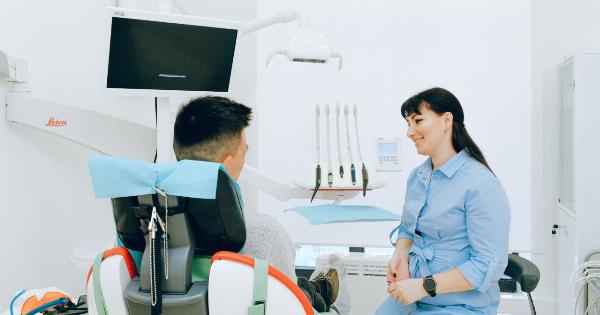When it comes to healthcare programs, it can sometimes be confusing to understand what exactly is covered under your plan. This is especially true for those who are enrolled in one day nursing programs.
In this article, we’ll break down what you need to know about health program coverage in one day nursing.
What is One Day Nursing?
One day nursing is a type of nursing program that allows you to become a registered nurse (RN) in just one day. It is designed for individuals who have previous nursing experience, and who are looking to obtain their RN license quickly and efficiently.
Types of Health Programs Coverage
There are several different types of health programs coverage that may be available to you as a one day nursing student. These include:.
1. Medical Insurance
Medical insurance is designed to cover the cost of medical care and treatment. This can include doctor visits, hospital stays, prescriptions, and more.
2. Dental Insurance
Dental insurance is designed to cover the cost of dental care. This can include routine cleanings, fillings, and more complex procedures like root canals or braces.
3. Vision Insurance
Vision insurance is designed to cover the cost of vision care. This can include routine eye exams, prescription glasses or contacts, and more complex procedures like LASIK.
4. Mental Health Coverage
Mental health coverage is designed to provide coverage for mental health services. This can include therapy, counseling, and other forms of mental health treatment.
What Health Programs Coverage is Available to One Day Nursing Students?
The type of health program coverage that is available to one day nursing students can vary depending on several factors, including your location, the type of program you are enrolled in, and the specific insurance provider that you choose.
Typically, however, one day nursing students will have access to medical insurance, dental insurance, and vision insurance. Mental health coverage may be available as well, but this can vary depending on the specific program and insurance provider.
How to Choose the Right Health Program Coverage for Your Needs
Choosing the right health program coverage for your needs can be a daunting task. Here are some tips to help you make the right decision:.
1. Determine Your Needs
The first step in choosing the right health program coverage is to determine your needs. Take into account your current health status, the type of healthcare services you use most often, and any pre-existing conditions that you may have.
2. Research Available Plans
Once you have determined your needs, research available health program coverage plans. Look for plans that offer the coverage you need at a price that you can afford.
3. Compare Plans
Once you have a list of potential health program coverage plans, compare them side-by-side. Look at the benefits and costs of each plan to determine which one is the best fit for your needs.
4. Consider Network Options
When choosing a health program coverage plan, it is important to consider the network options available. Make sure that the providers you want to use are covered under the plan you choose.
5. Read the Fine Print
Finally, make sure to read the fine print before choosing a health program coverage plan. This will help you understand any exclusions or limitations that may be included in the plan.
Conclusion
Understanding health program coverage in one day nursing programs is an important part of getting the care that you need.
By taking the time to research and choose the right plan, you can ensure that you have access to the healthcare services that you need to stay healthy.





















